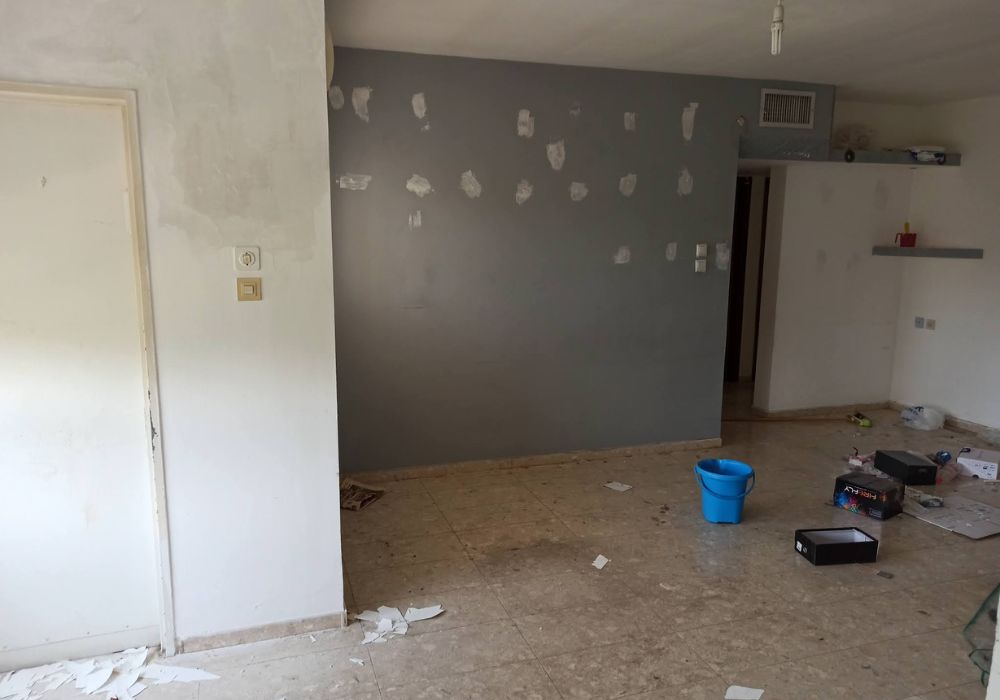Deferred adjudication, also known as deferred disposition or pre-trial diversion, is a way for certain criminal defendants to avoid a formal conviction if they satisfy the conditions of their probation. This allows them the opportunity to clear their record.
However, does deferred adjudication affect someone's ability to rent an apartment? In this article, we will explore the question of whether someone can get an apartment with deferred adjudication on their record.
What is deferred adjudication?
Deferred adjudication is a pre-trial intervention program for defendants charged with certain first-time and non-violent offenses. If the defendant successfully completes the terms of their probation, which can include fines, community service, counseling, etc., the charges will typically be dismissed.
This means the defendant is not formally convicted of a crime. Instead, the judge defers entering a judgment of guilt and placing the defendant on probation.
Can you get an apartment with deferred adjudication?
It is possible to get an apartment with deferred adjudication on one's record, but it may present some challenges. Landlords are allowed to conduct criminal background checks, so any original charges could still show up, potentially hurting applications. However, landlords cannot have blanket bans.
If charges were dismissed after successful completion of probation, applicants should emphasize this to landlords. Providing documentation and being upfront, honest and responsible can help applicants still be considered for housing.
Do landlords/property managers conduct criminal background checks?

Most landlords and property management companies will conduct a criminal background check on potential tenants. They do this to evaluate any risks associated with renting to an applicant. Even with deferred adjudication, the original arrest and charges may still show up on a background check.
Related: Can I Rent An Apartment Before My Divorce Is Final?
Can deferred adjudication affect rental applications?
Having deferred adjudication on a background check can potentially hurt a rental application. Landlords have wide discretion in choosing tenants and may deny an application due to criminal history. The charges from deferred adjudication indicate the applicant has had prior contact with the criminal justice system.
Some landlords have blanket policies against renting to anyone with any criminal record. However, not all landlords automatically reject applicants with deferred adjudication.
Are applicants required to disclose deferred adjudication?
In some states, applicants undergoing or who have completed deferred adjudication are not legally required to disclose that information to landlords when applying to rent. This is because deferred adjudication is not the same as a formal conviction since charges were dismissed upon successful completion of probation.
However, it is generally advisable for applicants to be upfront about deferred adjudication in case it does appear on a background check. Honesty is the best approach.
Can an applicant explain the circumstances?
If deferred adjudication comes up in a background check, the applicant has a right to explain the circumstances to the landlord. They can provide documentation showing charges were dismissed and probation was successfully completed. Communicating openly and honestly allows landlords to consider all factors rather than just the initial arrest.
Providing proof of growth and responsible behavior since then can help applicants still be considered for housing.
Are there any protections against discrimination?
Some fair housing laws protect applicants from unlawful discrimination based on criminal history. Landlords still have a significant amount of discretion, but they cannot have blanket bans against housing anyone with any record.
They must conduct an individualized "fact-based assessment" weighing the nature, severity, and age of the offense versus evidence of rehabilitation. Applicants can pursue legal action if they believe they were unjustly denied housing due to completed deferred adjudication.
What are an applicant's chances with deferred adjudication?
Overall, having deferred adjudication does pose some challenges when applying for apartments but does not necessarily bar someone from rental housing. Much depends on the individual landlord or property manager's screening policies and their willingness to consider factors beyond initial charges.
Applicants have the best chances by being proactively honest, providing documentation, and evidence of personal growth and responsibility since completing their deferred adjudication successfully. With the right circumstances and communication, deferred adjudication need not be a definitive roadblock to finding a new home.
Conclusion
In summary, obtaining an apartment is possible for those who have received deferred adjudication, but it may require extra effort and documentation on the applicant's part. Landlords have discretion but cannot have blanket bans. Being upfront about deferred adjudication and taking responsibility is key. If charges were dismissed after probation was completed as ordered by the court, applicants can emphasize that aspect to reassure landlords





